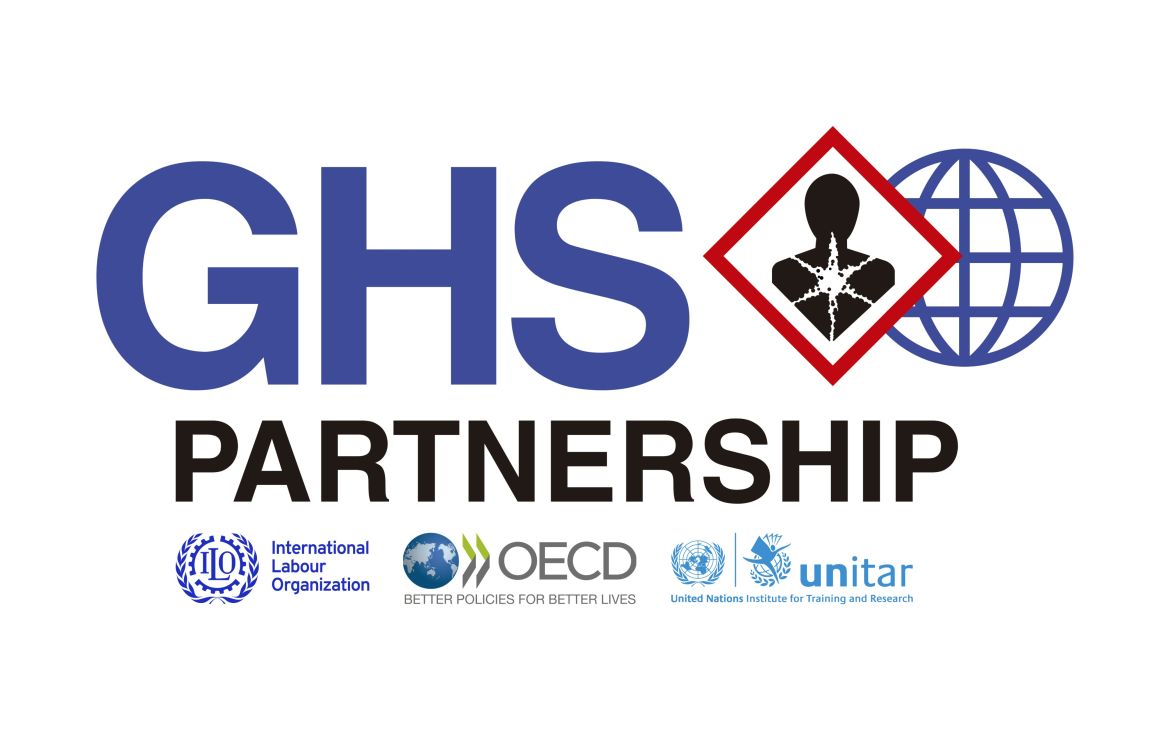The OECD, ILO and UNITAR have worked in a partnership since 2002 to support implementation of the GHS, building on their collaboration through the IOMC. The partnership, alongside a coalition of stakeholders including governments, regional economic integration organizations, trade unions, NGOs and the private sector, is seeking to re-energise commitment and scale up implementation of the GHS.
See the Global GHS commitment document.
With ICCM5 around the corner, a new approach to fulfilling the call for ambitious action in the GCO-II (UNEP, 2019) on communicating hazards and implementing the GHS is needed. New commitments and strengthened partnerships that encourage and support more countries to implement the GHS in a practical and, as far as possible, consistent manner, including through legislation, is key to meeting this call to action. ICCM5 provides an ideal opportunity to advance and announce a collective and sustained commitment to implement the GHS.
If you are interested in contributing the efforts of the Partnership, learning more about the activities on the GHS, or access support, please contact OECD, ILO and UNITAR (cwm@unitar.org).
Informal meetings
The Partnership and the coalition meet informally, to provide updates and agree on priority activities.
Outputs related to partnership workstreams
- Understanding the GHS: A Companion Guide to the Purple Book
- A study on GHS and Agriculture
- A study on GHS and Trade
- The GHS in the world of work: Mapping synergies between ILO Instruments and the GHS (ILO)
- Key elements of a national GHS roadmap
- Overview of GHS activities from organisations outside of the ILO/OECD/UNITAR partnership
- Study on lessons-learned
- Legislative guidance, 2021 Edition
- Developing a National GHS Implementation Strategy, 2022 Edition
- Study on trade agreements and the GHS
- Case Studies to Support GHS Implementation - ICCA, 2019
- Synthesis of GHS Cost Benefit Papers - ICCA, 2019


